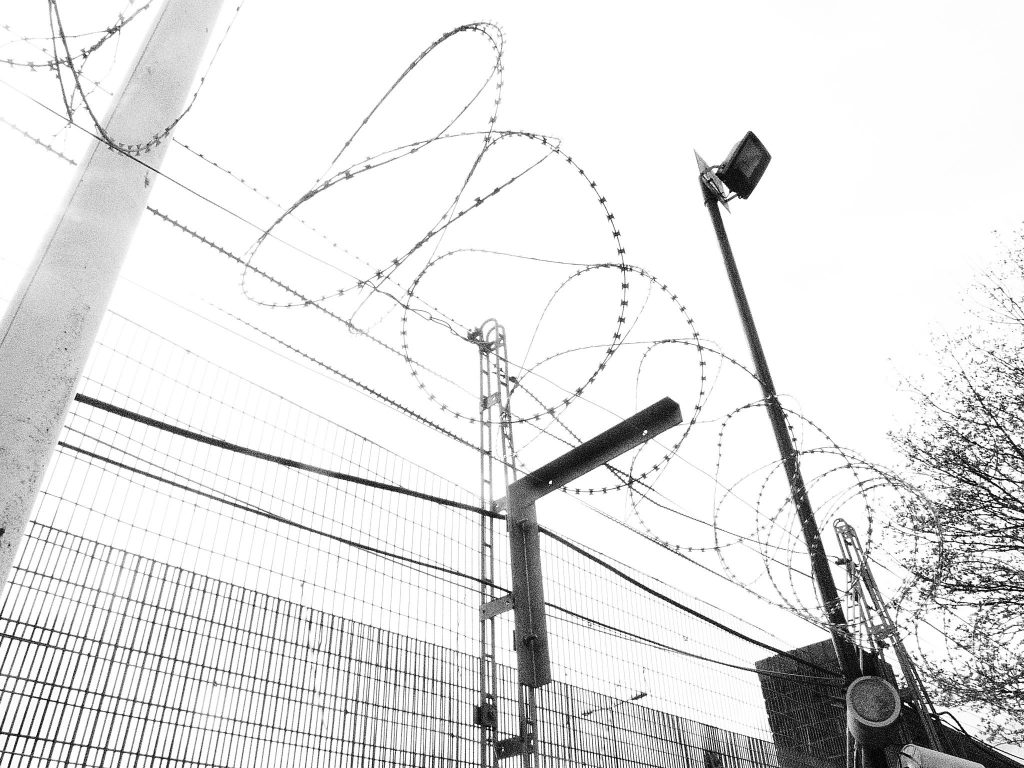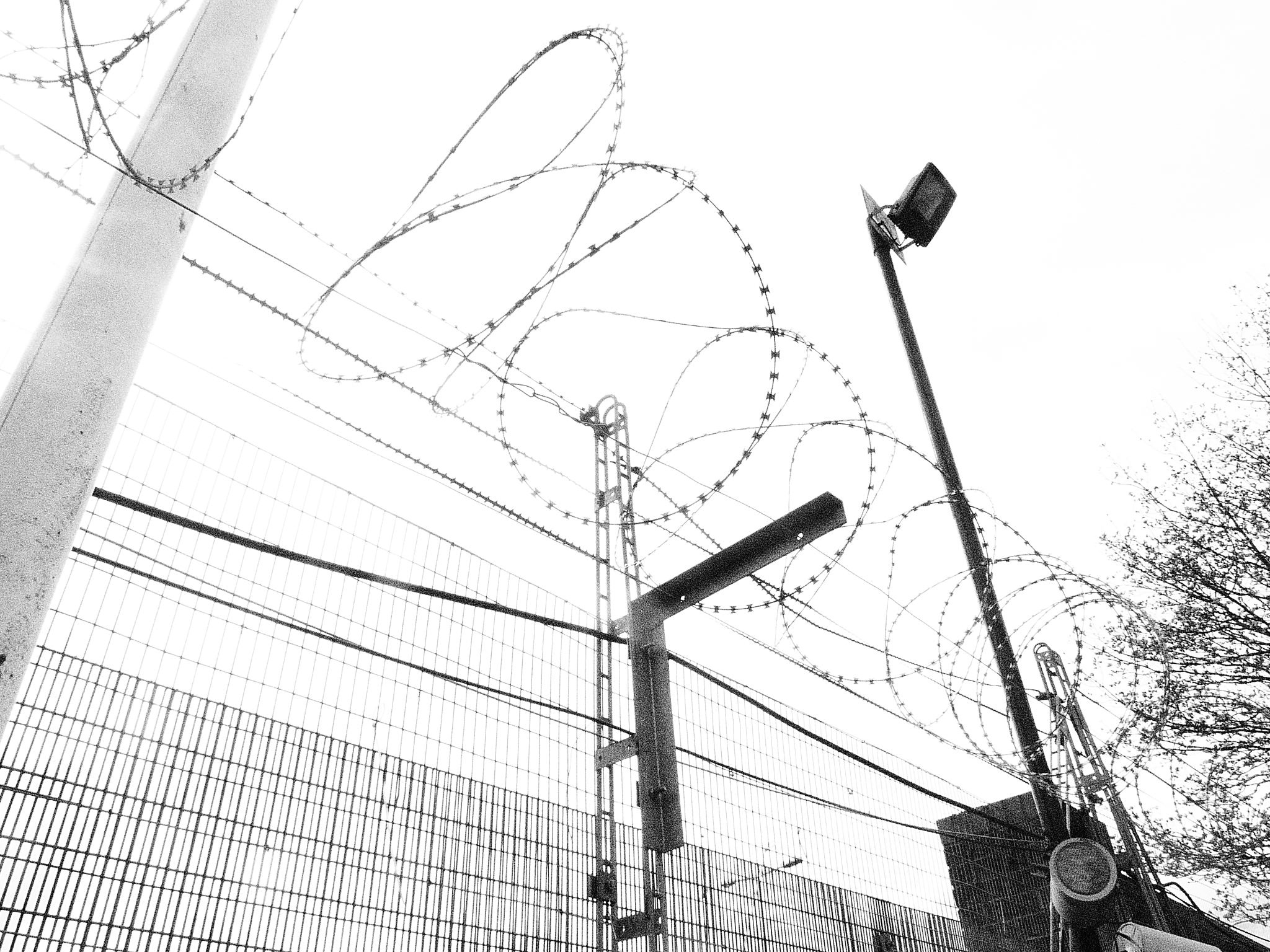Almost two thirds of women released from the largest women’s prison in the country were either homeless or had not safe accommodation on release. According to the latest unannounced HM Inspectorate of Prisons report on HMP Bronzefield published today ‘about 65%’ of sentenced women did not have sustainable accommodation on release defined as lasting longer than 12 weeks ‘which was a concern given the risks and needs of so many of the women’. In 2019 a newborn baby died at Bronzefield, run by Sodexo Justice Services, is Europe’s largest female prison, which held 468 women at the time of the inspection. ‘The prison had responded well to lessons learnt about the vulnerabilities of pregnant women and unexpected births,’ the inspectors noted.
Women are held in four main house blocks. House block 1, which contained the drug treatment and detoxification wing, was described as ‘noisy and unsettled’ and the women housed reported twice the levels of intimidation from their peers and abuse from staff than elsewhere. The rate of self-harm had increased significantly since the previous inspection and was 72% higher than in 2018. In the previous two years, 86 women who were acutely mentally unwell had been sent to the prison because of the lack of appropriate mental health provision in the community. The inspectors called on the prisons minister to ensure such women should be able to access appropriate assessment and diversion to mental health services instead of being sent to prison. ‘The prison was not an appropriate place for these women as it was not equipped to manage their risks or needs,’ they said.
Dr Jenny Earle from the Safe Homes for Women Leaving Prison initiative, said that the issue of women prisoners being released into ‘various kinds of homelessness’ had been ‘a running sore for years’. ‘The Government is presiding over systemic failure which continues to see vulnerable women released from custody with nothing but a small discharge grant and a plastic bag; this ruinous system sets them up for failure and leaves them vulnerable to harm and to reoffending.’ Dr Earls continued ‘ministers say they realise that preventing homelessness among prison leavers is the first step to recovery and rehabilitation – when will they actually do something about it?’
Two full-time housing workers had been withdrawn from the prison following changes in the probation service and there had been a severe reduction in the size of the resettlement team and the loss of domestic abuse support workers.








